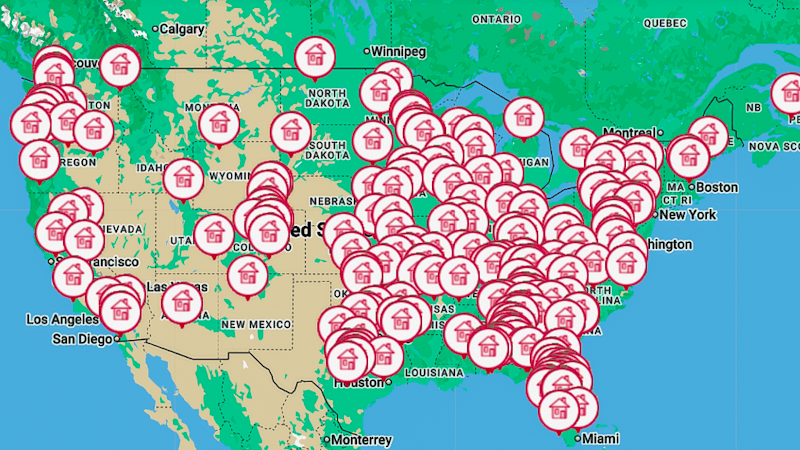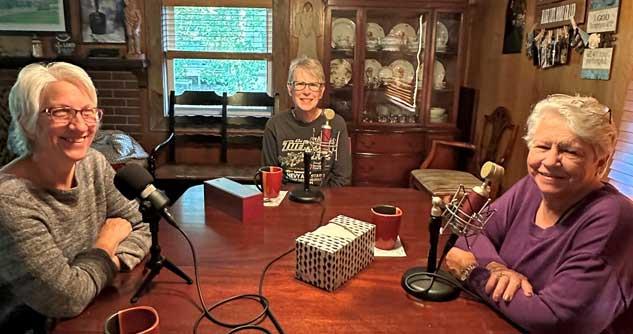(Air1 Closer Look) –When we think of people who fall into homelessness, certain disparities come to mind, including mental illness, addiction, troubled veterans, people with disabilities and more; but statistics show that homelessness can happen to anyone.
One Appalachian family knows this all too well.
On Sept 27th, 2024, the catastrophic Hurricane Helene ripped through Western North Carolina. Isaac and his wife Katie finally received an official evacuation order but by then the waters were rising fast. It was a fight for life. The Hendrick family was forced to grab their children and escape to safety with just the clothes on their backs.
Katie tucked her 3-month-old baby into her coat, while Isaac grabbed their 4-year-old and 2-year-old, and ran to safety.
By the time they were able to return home, the devastation was unimaginable and irreplaceable. They could only retrieve a few items and some clothes; everything else was lost, including the family dogs.
Just like many other hurricane families, the Hendricks were driven to sudden homelessness, a journey they never expected to take.
“We're not used to being in the eye of a hurricane,” Isaac said.
Hear our full Closer Look conversation with Isaac and Katie about their escape and experience.
This family is not the first -- nor the last -- to find themselves without basic resources after a disaster strikes.
The National Coalition for the Homeless sees such surprise displacements happen often. Donald Whitehead Jr., Exec. Dir. says they work to ensure disparities such as low-income housing and other disproportions are resolved at the source, to prevent deeper inequities in times of disaster.
Whitehead also emphasizes understanding the importance of compassion towards people already experiencing homelessness when natural disasters strike. He recalls visiting a homeless shelter for 400 veterans in North Carolina just weeks before Hurricane Helene hit -- the facility was utterly destroyed.
Helene wrought staggering damage, proving to be one of worst storms North Carolina had seen in over 100 years. Because of this, no one is wholly prepared when tragedy strikes.
“One situation that we've heard is that people during these disasters are sometimes segregated from other people in the community,” he explains.
“We just think that it's important that people, especially in times of trauma, are treated with respect and dignity and are not marginalized just because they've experienced homelessness.”
Whitehead Jr. confirms that from 1980 to 2024, there were 400 confirmed climate and weather disasters, exceeding $1 billion. Despite the news of depleted government resources, he says if you should ever find yourself in need of assistance to always let FEMA Disaster Assistance be your first contact.
https://www.disasterassistance.gov/get-assistance/find-assistance
1-800-621-3362, 7 a.m. to 10 p.m. (in your time zone) 7 days a week.


